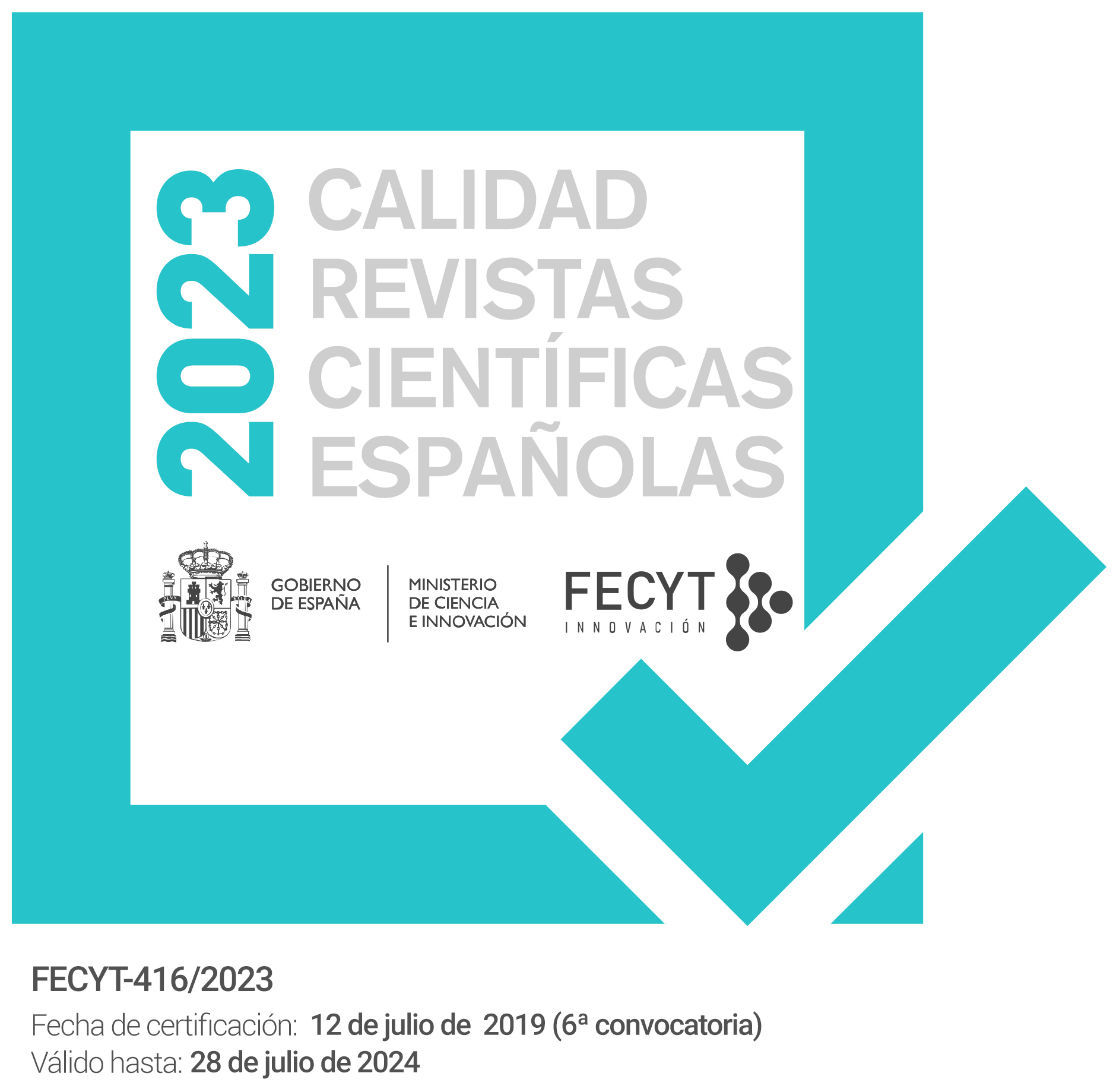El proceso de reforma administrativa de la renta del Tabaco en Navarra durante el siglo XVIII
Keywords:
administración, finanzas públicas, tabaco, Navarra, administration, public finance, tobacco, NavarreAbstract
El presente artículo está centrado en la evolución de la gestión administrativa del monopolio fiscal del tabaco en Navarra durante la centuria dieciochesca. Su inicio se sitúa en el arrendamiento del estanco en 1717 por el Gobierno central a la Hacienda foral de Navarra -propietaria del mismo desde su creación en 1642- y analiza las sucesivas fases a través de las cuáles dicha administración central fue progresivamente adquiriendo el control absoluto de la renta en este territorio.
The present paper is specially based in the evolution of the administration of the tobacco state monopoly in the Kingdom of Navarre during the eighteen century. We start in the lease of the income in 1717 to his old owner (the Foral Administration since 1642) and analyse the following phases through the Central Government was getting the control of the monopoly in this territory.
Downloads
Downloads
Issue
Section
License
The articles are open access distributed under the terms of the Creative Commons Attribution-NonCommercial-NoDerivatives (CC BY-NC-ND) Spain 4.0 license. Authors who publish in this journal agree with the following terms:
a) Authors retain the copyright and guarantee the journal the right to be the first publication of the work as well as licensed under a Creative Commons Attribution License that allows others to share the work with a recognition of the authorship of the work and the Initial publication in this magazine.
b) Authors may separately establish additional agreements for the non-exclusive distribution of the version of the work published in the journal (for example, place it in an institutional repository or publish it in a book), with recognition of its initial publication in this magazine.
c) Authors are allowed and encouraged to disseminate their work electronically (for example, in institutional repositories or on their own website) before and during the submission process, as it may result in productive exchanges, as well as a earliest and largest citation of published works (See The Effect of Open Access).



